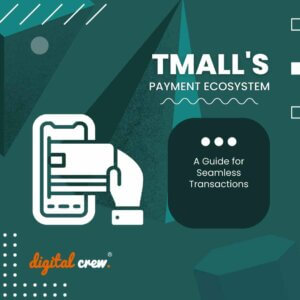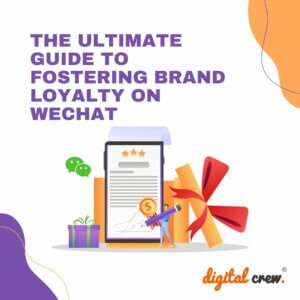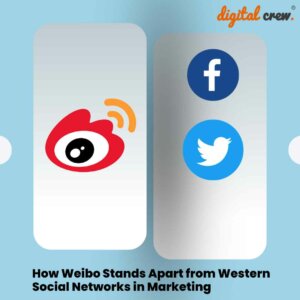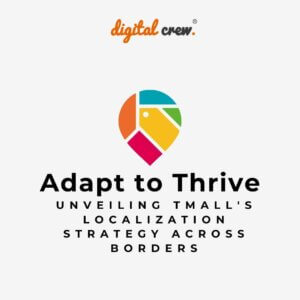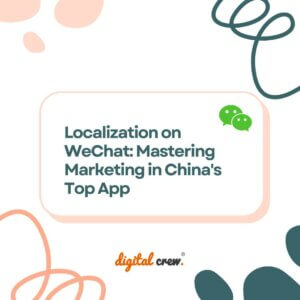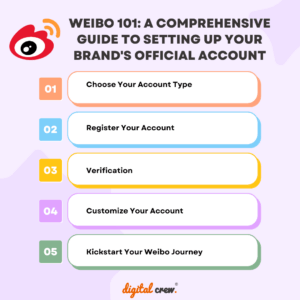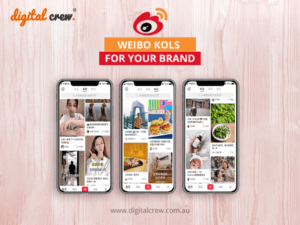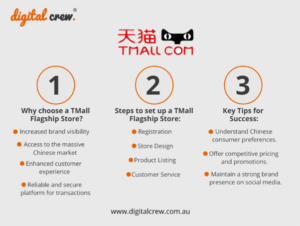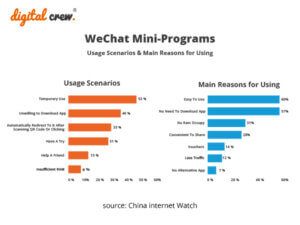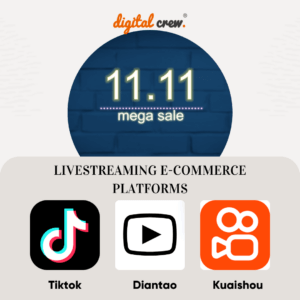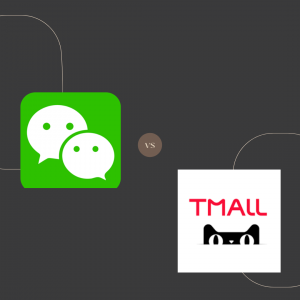To understand WeChat’s own journey & efforts to build private traffic, let’s step back in time to 2014.
The Predecessor – Weixin Xiaodian
It all started when WeChat introduced a new feature called 微信小店 in Chinese. We’re not sure what the English name was; it didn’t appear to have one. In any case, you could only use this particular feature if you operated an active WeChat Service Account. Furthermore, WeChat Service Accounts were only available to businesses with a valid license.
Service Accounts are a subset of WeChat official accounts. It differs from the regular public accounts that you subscribe to, which are used to push out Content. Anybody with a Chinese ID can sign up for a public account. Service Accounts are designed to allow you to interact with the brand in a limited way, such as talking to a chatbot, asking inquiries, performing very simple transactions, and so on. You can only publish content a few times each month.
This was the first version of the WeChat Mini Shop and was known as Weixin Xiaodian. Essentially, you could set-up a shop within your Service Account. WeChat Pay was, of course, integrated, and the overall experience was satisfactory. However, the experience was really basic. You couldn’t do anything even remotely complicated, like loyalty cards or coupons, without hiring a developer.
But why would someone use this? Doesn’t appear to be very beneficial, does it? Keep in mind that we’re still talking about 2014. Many of WeChat’s features had not yet been implemented. Most crucially, there were no mini-programs. That wouldn’t happen until January 2017.
The Launch Of Mini Programs
WeChat eventually released a feature that allowed you to update your Service Account WeChat Store directly into a mini program. However, because it was still free, it featured very limited templates and customization options. And if you needed something unique, you could always pay a developer. It wouldn’t be that expensive either, because small applications are a fraction of the cost to build, compared to full-fledged native apps. They were created with this cost in mind.
It was still exclusively for companies to utilise, because you had to qualify for a Service Account first.
The WeStore Is Created
However, WeChat announced in 2020 that it was retiring 微信小店 and launching a new product called the WeStore.
The WeStore is significantly more democratic than Weixin Xiaodian, which was solely open to businesses. You can open a shop on WeStore if you have a Chinese ID card. If you are a company, you can upload your licences and bank account information and open up to 3 stores.
Personal stores can be controlled directly from your smartphone, whilst commercial accounts may be handled from a desktop and allow up to 500 individuals to co-manage the store, with the flexibility to define different access levels for different staff.
The WeStore also enables live streaming, which is a popular trend in China right now, as well as fundamental shop functions such as order management, transaction progress, coupons and promotions, customer service, and so on. Even better, it’s completely free! You don’t have to pay anything except a 0.6% transaction fee for payments. All you have to do is put in your time to set it up and manage it.
In Closing
We won’t know how the WeStore performs for a while because it’s so new. However, it makes a lot of sense for a specific type of merchant. For starters, there is no better deal for a solopreneur starting out than a free WeStore. Especially if they are currently marketing actively within the WeChat ecosystem and have followers and a community there.
However, unless it becomes far more flexible, the technology as now is unlikely to get any real commercial users. It’s just not as advanced as what Youzan, for example, provides.
For more information about setting up your own WeStore, get in touch with our team at Digital Crew, a WeChat Marketing Agency.














